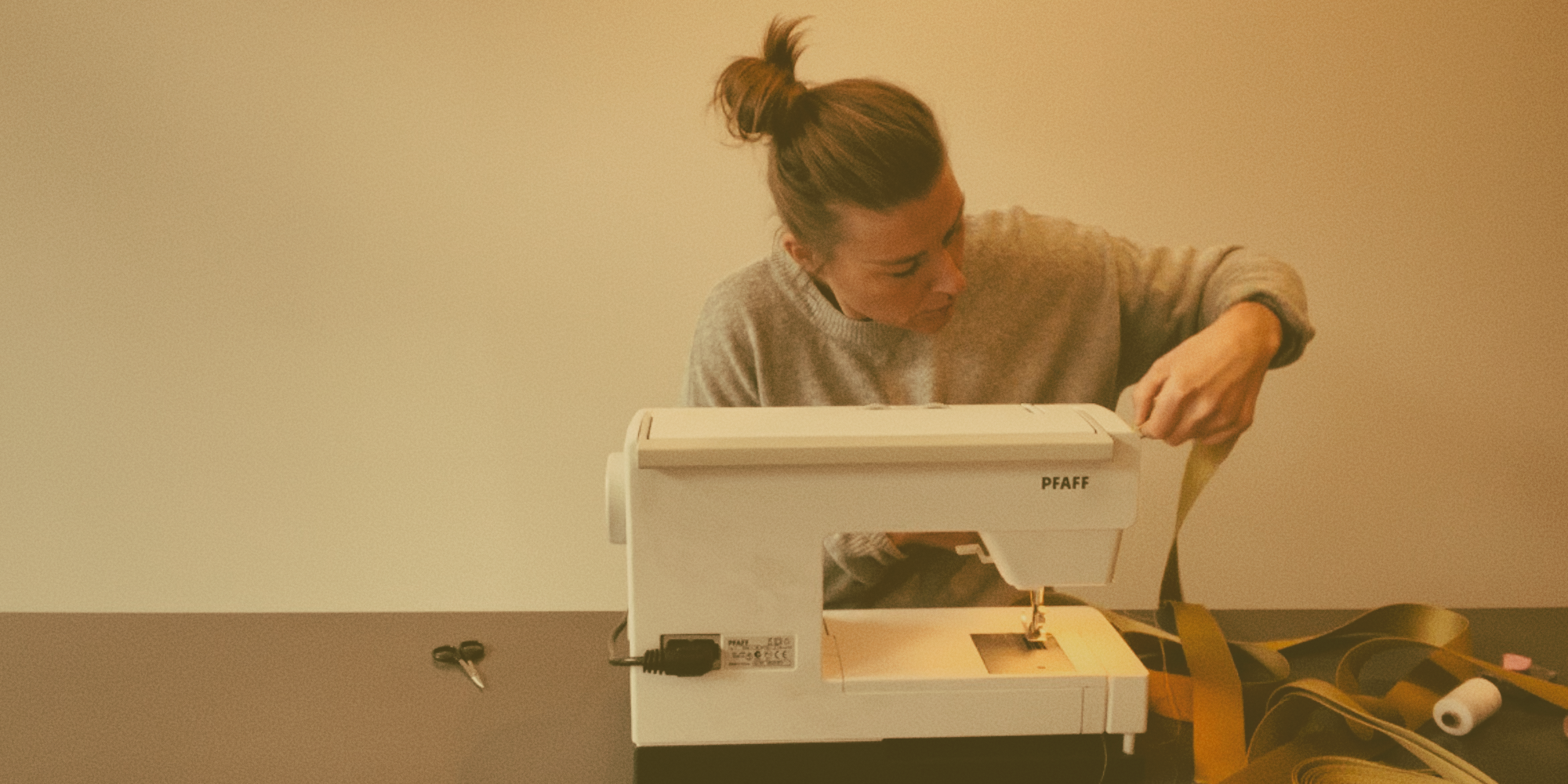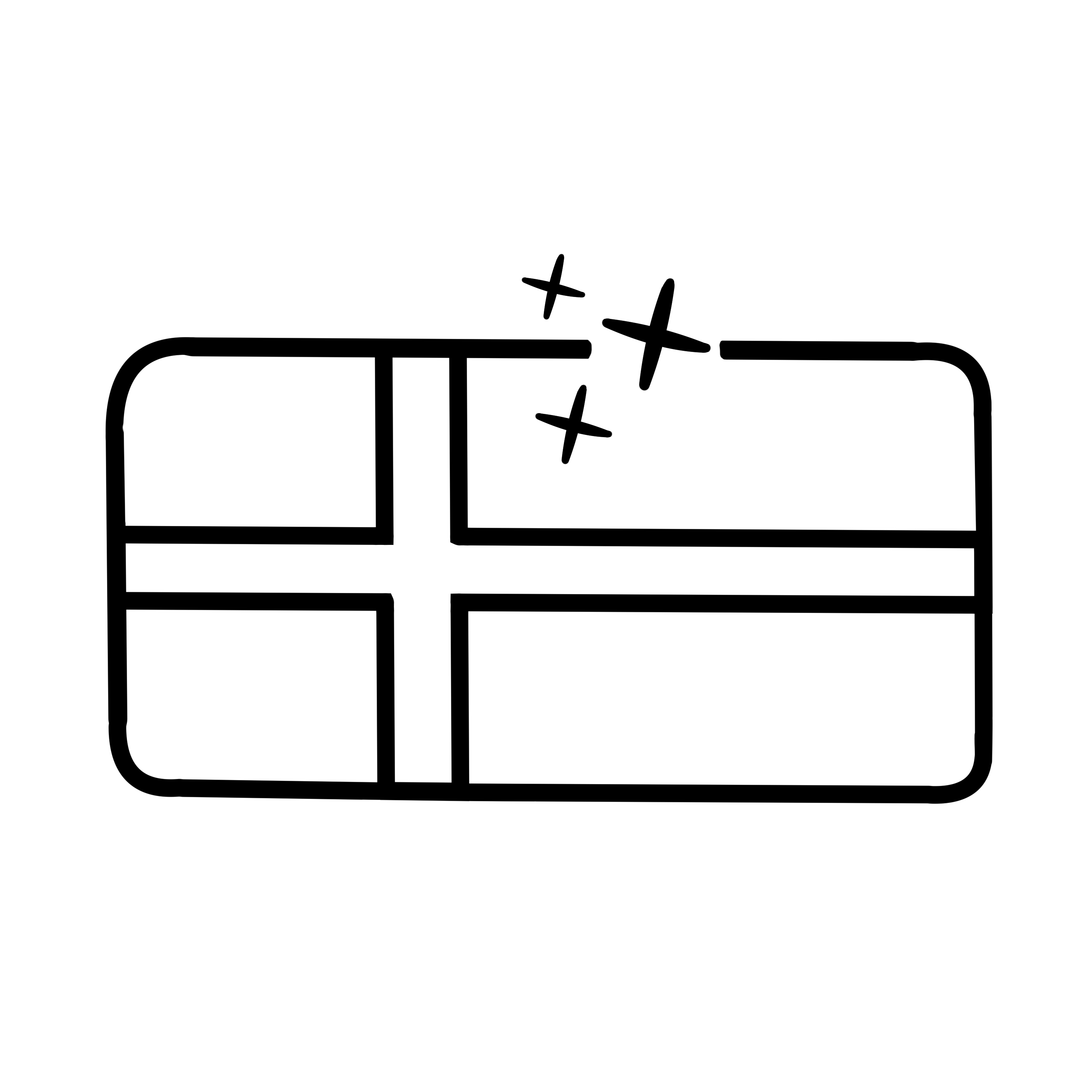
Can baby sleep on its side?
When it comes to putting our little nuggets to sleep, there are many questions that may pop into our minds. One of the questions is whether it is appropriate to let the baby sleep on its side?
In this blog post, we take a closer look at the recommendations from the Danish Health Authority regarding babies' sleeping positions.
The Danish Health Authority advises against letting babies sleep on their sides
The Danish Health Authority has clear recommendations regarding the sleeping position of babies. They advise against letting baby sleep on its side unless baby is sleeping under supervision. The main reason for this is to avoid the risk of SIDS.
Since 1991, the Danish Health Authority has recommended that babies should sleep on their backs in order to reduce the risk of sudden unexpected infant death.
Baby should sleep on his back
Although the side sleeping position is safer than the stomach sleeping position , the back is still the safest position for babies to sleep in. Research has shown that babies who sleep on their backs have a lower risk of SIDS compared to those who sleep on their sides or stomachs .
It is important to understand that babies do not have the same ability as adults to react and protect themselves if they get into an inappropriate sleeping position. Therefore, it is recommended to put the baby to sleep on its back to increase the comfort and safety of the little one.
The importance of turning the baby's head
When baby sleeps on their back, it is appropriate to alternately turn their head to one side and the other. This helps to avoid the development of a flat or crooked back of the head.
Babies' skulls are still soft and malleable in the first months of their lives. If the baby always sleeps with its head turned to the same side, it can cause a crooked head shape. By alternately turning the baby's head, you can help maintain a symmetrical head shape.
When the baby can turn itself – also in sleep
When your baby reaches a certain milestone in his development and is able to turn himself, you can start to consider letting baby sleep on his side. It is very different when children are able to do this, but you can benefit from keeping an eye on this. The Danish Health Authority recommends that children under 12 months should always be put to sleep on their backs.
Avoid pillows and loose objects in bed
Regardless of the sleeping position you choose for your baby, it is crucial to create a safe sleeping environment. The baby's bed should be free of pillows, loose blankets, toys or other objects that could pose a danger to the child's safety.
It is also recommended to avoid using a pillow for the baby as it can increase the risk of suffocation and affect their breathing. The baby should also sleep on a firm, flat mattress that fits the bed, and the duvet should be light. When the baby is at least 6 months old, you can consider replacing the regular baby duvet with a baby weighted duvet if the baby has restless sleep.
You must take this with you from the guide
By creating a safe and secure sleeping environment and following the recommendations from the Danish Health Authority, you can give your baby the best possible conditions for safe sleep and minimize the risk of potential dangers. If you have any further questions or any concerns about baby's sleeping position, you should reach out to the healthcare provider.








